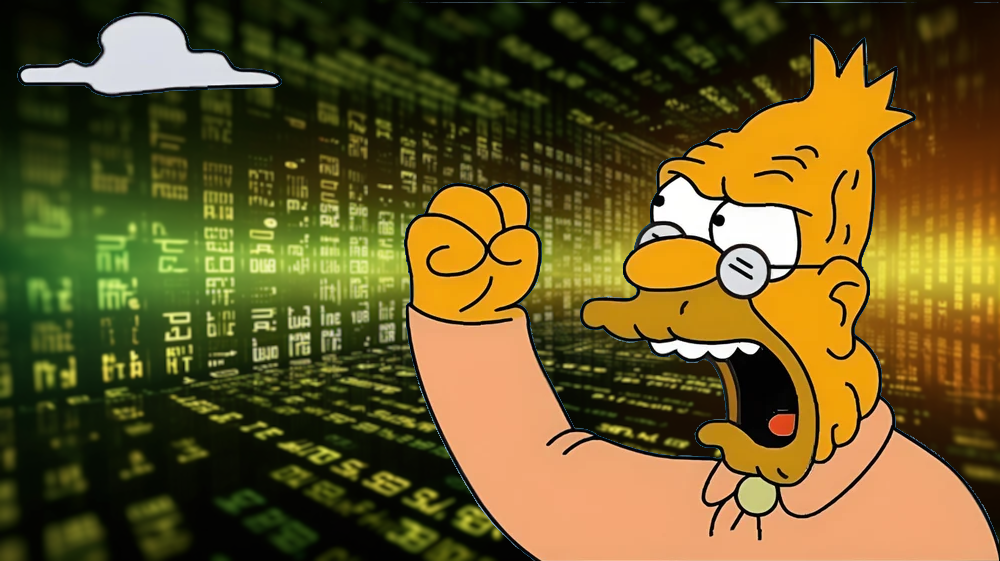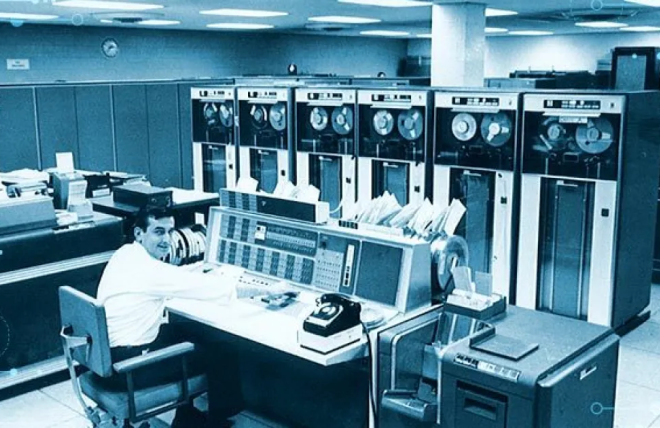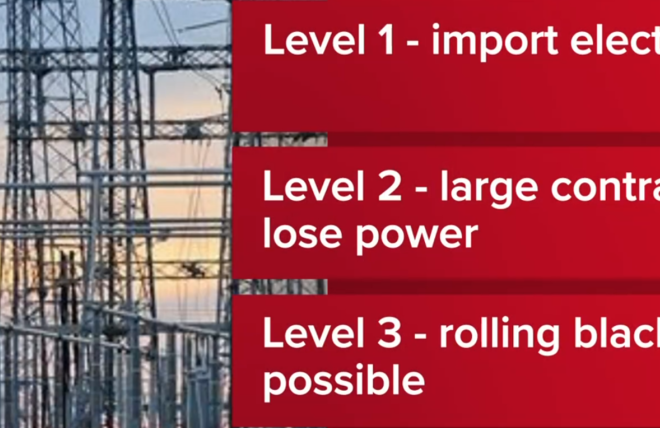
(there's always a cloud or two one can yell at...)
It’s been a minute or two since I found time to write in this blog. There are multiple reasons for this, some of which I may wind up writing about. But it's enough of a hiatus to justify a bit of a soft reboot. My reasons for writing have, and continue, to evolve.
This latest evolution centers on the fact that there are many, many blogs, vlogs, and YouTube channels maintained by people at least as qualified (in many cases, rather more) to write about digital technology as I am. On the other hand, I recently realized that I have, without exaggeration, been on the Internet longer than most people have been alive. And while I am hardly unique in this either, my perspectives might be.
And that perspective is what I want to focus on – not just how the things I claim to know about work, but why those things even exist… and maybe even consider, if only for a moment, if those things should exist. Hopefully, the end result is something more useful than a Grandpa Simsponesque elderly man railing at clouds – we already have enough of those, starting with the current President of the United States.
The cloud I’m railing at this week is the cloud – or at least a fairly large piece of it. When I first built my Portland Community Network portfolio piece website, I didn’t think twice about leveraging Google’s location and directory services to power it. That was in the summer of 2024, before the leadership of every single major tech company proved an important point about the power and trustworthiness of ‘big tech’.
In the summer of 2025, when I decided to pick up where I left off on building a community network portal as a portfolio piece/proof of concept, I also decided that a key design requirement was eliminating as many ‘big tech’ dependencies as possible… if only to prove that it is possible. I’ll be getting into further detail on those design requirements – and how I accomplished them – in part two. But before I get around to talking about ‘how’, I want to speak further to why.
Google’s flaccid acquiescence to a wannabe dictator is more than mere corporate cowardice. Renaming the body of water I grew up next to as the ‘Gulf of America’ is more than just pandering to the deranged demands of a dangerously unstable man. It is proof that they have far more unregulated power than any one company should have. Even after that man is finally and thankfully gone… that power will remain and will be used just as irresponsibly.
Unless that power is held to account.
This week marks the end of support for Microsoft’s Windows 10 operating system. U.S. consumers will have no choice other than upgrading to Windows 11. European consumers, on the other hand, have another year to make that switch. Microsoft did not extend this favor out of the goodness of their collective corporate heart. The European Union compelled them.
We are all some twenty years into a collective faustian bargain of trading our privacy and autonomy for convenience. The latest round of that bargain now includes the ‘convenience’ of AI-based tools that can write for us, read for us, shamelessly flatter us, and mercilessly take advantage of us. AI can’t think for us yet, but it hardly matters; most of us stopped thinking for ourselves years ago.
As a result of that bargain, a handful of companies jointly operate the core technologies that form the essential infrastructure of our current civilization – making the leadership of those companies obscenely rich in the process. But, unlike the robber barons of the last gilded age, the robber barons of the current era are remarkably resistant to any idea that they have any sort of responsibility to the society that made them wealthy.
And so they will remain… until society holds them to account.
I am under no delusion that my efforts at being an advocate for digital privacy and autonomy is going to have an impact on big tech’s bottom line that even amounts to a rounding error. I have even less reason to believe that a digital consultancy based on that advocacy is going to significantly impact my financial bottom line… at least not in a good way.
But sometimes, it ain’t just about the money.
Next week, I’ll be getting into the tech weeds of how I degooglefied one of my websites. Going forward, expect more blog posts on both the how and why of resisting big tech. I’ll try to keep it entertaining, I’ll try to keep it informative. If there’s something I can do to improve it, please let me know.


